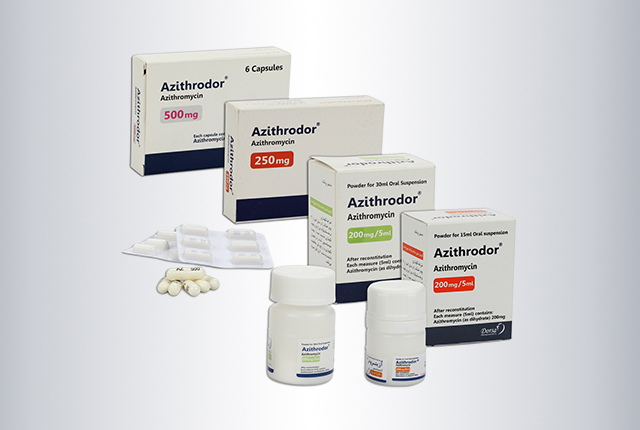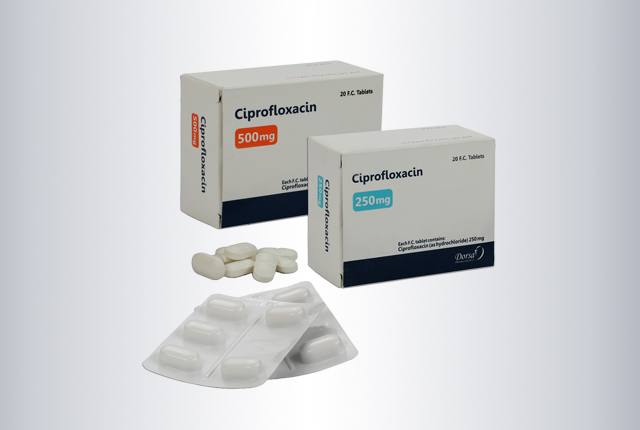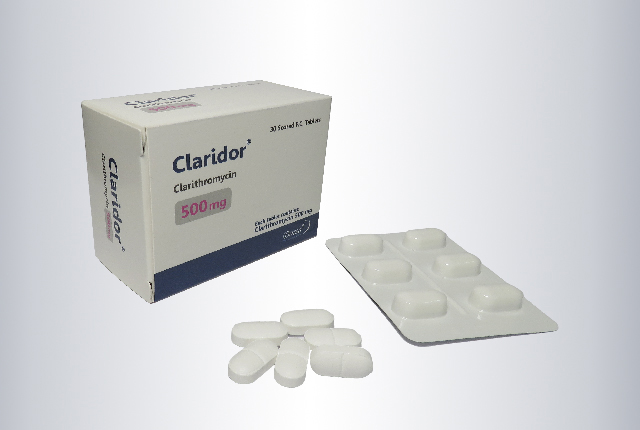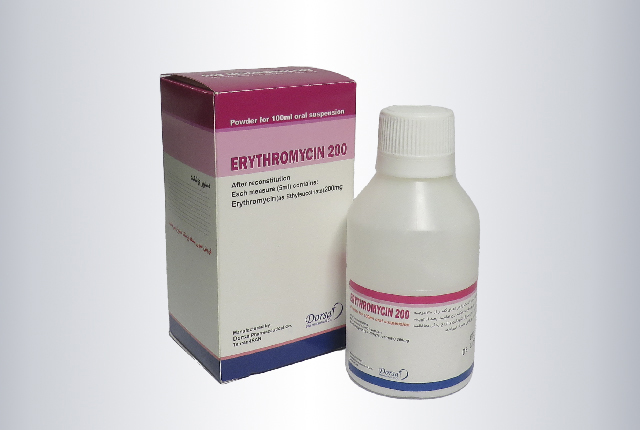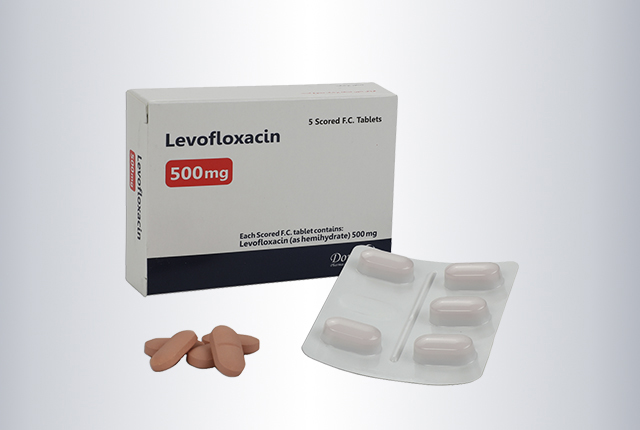Metronidazole
Here is a summary of the information about Metronidazole. If there is anything you do not understand, please ask your doctor or pharmacist to explain it to you.
- Keep out of the reach of children.
- Do not use after the expiry date printed on the label.
- FDA pregnancy category: B
- Rx only.
- Do not throw away any medicines via wastewater or household waste. Ask your pharmacist how to throw away medicines you no longer use.
Gerenal information
Patient Information
Metronidazole is an antibiotic and an antiprotozoal belonging to the nitroimidazole derivatives. This
medicine is indicated for the treatment of some infections due to sensitive germs (bacteria, parasites).
What Metronidazole is used for:
This medicine is indicated for the treatment of some infections due to sensitive germs (bacteria, parasites).
It's used to treat skin infections, rosacea and mouth infections, including infected gums and dental abscesses. It's also used to treat conditions such as bacterial vaginosis and pelvic inflammatory disease.
Tell your doctor or pharmacist before using Metronidazole if :
- You have neurological disorders.
- You have psychiatric disorders.
- You have blood disorders.
- You have history of meningitis on metronidazole.
Know all the medicines you take. Keep a list of them with you to show your doctor and pharmacist.
Who should not take Metronidazole tablet:
- If you are allergic to metronidazole, to other imidazole derivatives (group of medicines,
which metronidazole belongs to), or to any of the other ingredients of this medicine.
- If the patient is younger than 6 years old.
How to take your Metronidazole :
- The tablets should be swallowed with a glass of water.
- The frequency of intakes may vary from one to 3 times daily depending on the indication.
- For its efficacy, this drug should be taken following the posology and as long as your doctor has instructed you.
- If your fever decreases or if your symptoms disappear, this does not mean that your infection is cured. The feeling of fatigue is not due to your treatment but is due to your infection. Reducing or suspending your treatment will not improve this feeling but will postpone your healing.
What to do if you forget to take a dose :
Take the missed dose as soon as possible and continue as directed.
While taking your medicine :
- Avoid taking alcohol containing drink during treatment of reddening-type reactions of the face, heat, vomiting, increased heart rate.
- If you are pregnant or breast-feeding, think you may be pregnant or are planning to have a baby, ask your doctor or pharmacist for advice before taking this medicine.
- It is advised not to use metronidazole if you are breast-feeding.
- While taking metronidazole you may feel dizzy, confused or may have hallucinations, convulsions or troubles vision. If this happens, do not drive or use any machinery or tools.
Call your doctor right away if you have:
- Allergic reaction(anaphylactic shock, angioedema), with the following symptoms: tightness in the chest, dizziness, nausea or fainting on standing.
- Reddening spreading to the whole body with pustules, and fever, should make one consider a severe reaction called acute generalized exanthematous pustulosis.
- Worsening of nervous disorders as difficulty speaking, walking, tremor, involuntary movements of the eyes, and other manifestations with the hands and feet as tingling sensation of sensation of cold, numbness, decreased sensitivity.
- Behaviour disorders at risk for patients as of the first doses.
- Stomach aches, anorexia, nausea, vomiting, fever, discomfort, tiredness, jaundice, dark
urines, putty-coloured stools or itching.
What to do if you take too many tablets :
Consult your doctor or pharmacist immediately. In case of vomiting, difficulties in coordinating your movements, confusion, consult your doctor.
Side effects :
Like all medicines, this medicine can cause side effects, although not everybody gets them.
- Stomach pain, nausea, vomiting, diarrhea, tongue inflammation with sensation of dry mouth, mouth inflammation, taste perversion and loss of appetite.
- Pancreatitis, reversible upon treatment discontinuation.
- Discoloration or modification of the aspect of the tongue, hot flushes with face reddening, itching, rash with sometimes fever.
- Urticaria, sudden swelling of the face or of the neck from allergic origin, allergic shock that can be life-threatening.
- Bullous eruption with skin peeling that can spread to the whole body and be life threatening (Lyell syndrome, Stevens-Johnson syndrome).
- Fixed pigmented erythema.
- Nerve damages of the limbs, headache, convulsion, confusion, encephalopathies or cerebellar syndrome, resulting in a confusion state, conscious or behaviour disorders, difficulty to coordinate movements, pronunciation disorders, walking disorders, involuntary movement of the eyes, tremor.
- Transient visual disorders as blurred vision, near-sightedness, decreased vision, change in the colour vision.
Reporting of side effects:
If you get any side effects, talk to your doctor, pharmacist or nurse. This includes any possible side effects not listed here.
You can also report side effects directly via the Yellow Card Scheme at: www.dorsapharma.com/ (ADR form)
By reporting side effects, you can help provide more information on the safety of this medicine.
Product specification
| Generic name | Metronidazole |
| Dosage form | 250 mg round & 500 mg oval white scored film coated tablets |
| Category | Antibiotics, Antiprotozoal |
| ATC code | P01AB01 |
| Package | Box of 10 Alu-PVC blisters of 10 tablets |
| Active ingredient | Metronidazole |
| Storage | Below 30°C. Protect from light & moisture. |
| Shelf life | 2 years |

